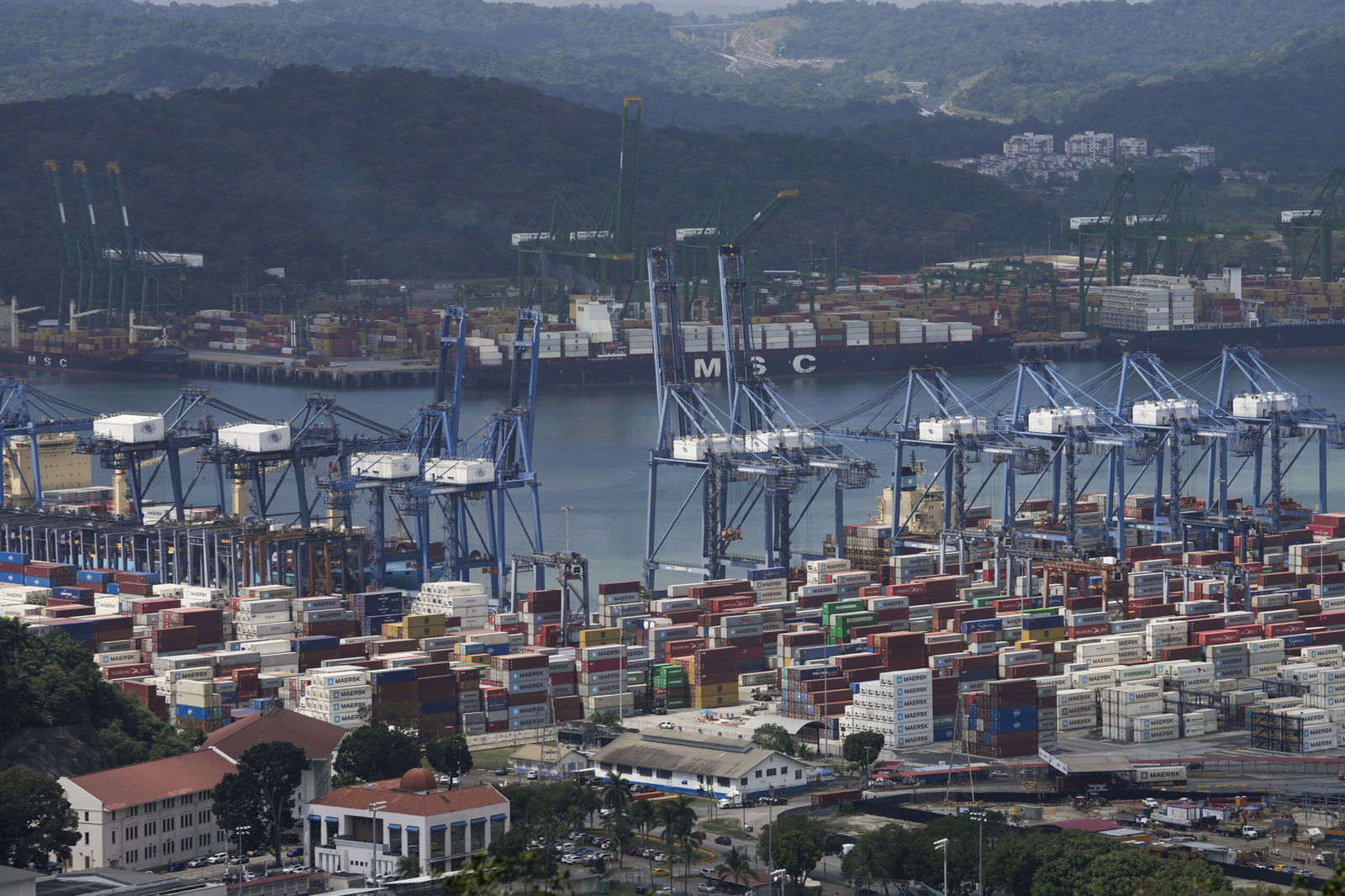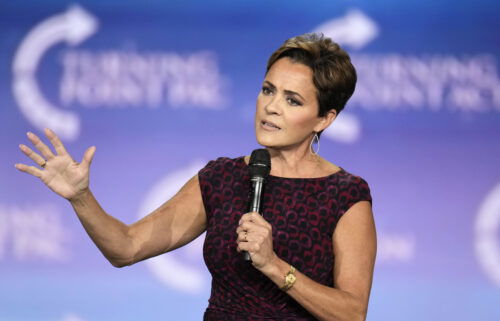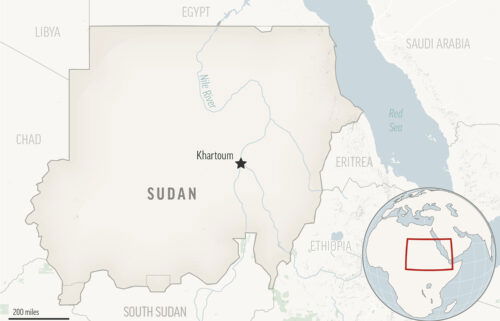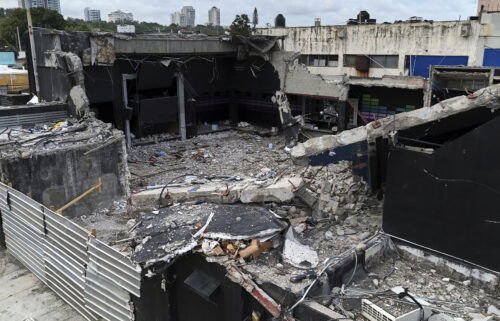Contract for Hong Kong company to operate Panama Canal ports had irregularities, audit finds

PANAMA CITY (AP) — Panama’s comptroller authority said Monday an audit found irregularities in the renewal of a 25-year port concession in the interoceanic canal and it would request an investigation into the authorization of the contract to a Hong Kong company.
Comptroller-General Anel Flores said the audit found some payment defaults, accounting miscalculations and some “shadow” operation of companies that the Hong Kong company originally denied, causing Panama around $300 million in lost revenue.
The release of the audit of Panama Ports Company, a Hong Kong-based conglomerate subsidiary that operates ports at both ends of the Panama Canal, comes as U.S. President Donald Trump’s administration alleges Chinese interference in the canal’s operations, which Panamanian authorities have denied. It also happens the same day the U.S. Defense Secretary Pete Hegseth arrives to the Central American country to participate in a subregional security conference.
“There are many violations that will have to be explained,” the Panamanian comptroller said.
He added that the audit’s results will be sent to Panama’s Maritime Authority, which oversees the ports and has the power to terminate a contract.
Hong Kong-based CK Hutchison Holdings conglomerate did not immediately respond to an email seeking comment.
Panama Ports Company won a concession in 1997 to operate the ports of Balboa, in the Pacific, and Cristobal, in the Atlantic, and it was renewed in 2021 for 25 more years.
Trump has threatened to retake control of the Panama Canal, arguing that the U.S. should have never turned control over to the Panamanians more than two decades ago.
Some days ago, while the audit was underway, CK Hutchison said it has agreed to sell its controlling stake in Panama Ports Company to a consortium including BlackRock Inc., effectively putting the ports under American control.
The Panamanian government maintains it has full control over the canal and that the Hong Kong-based group’ operations of the ports did not mean a Chinese control over the canal.




